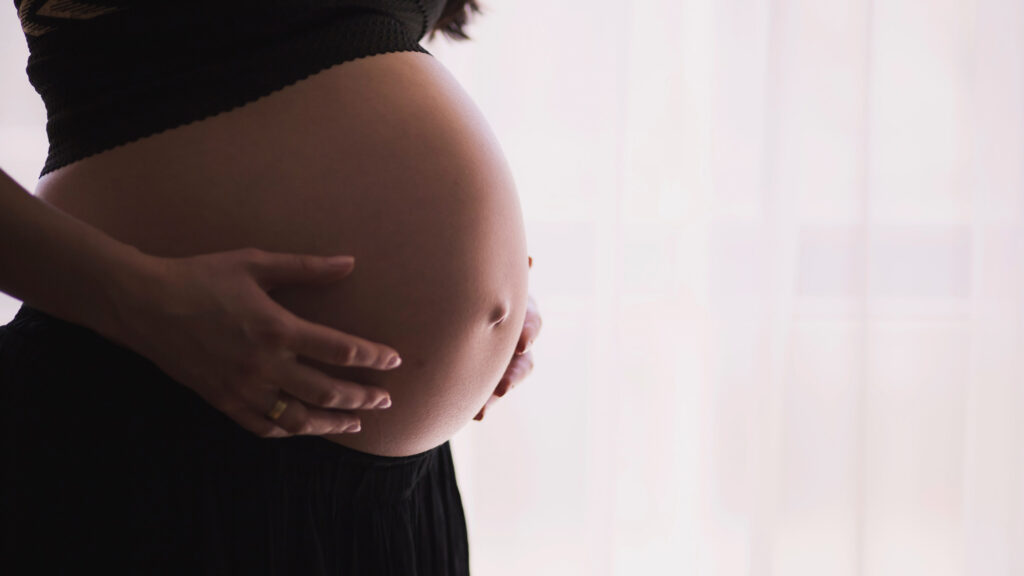· The Supreme Court has acquitted Mariusz Dzierżawski, president of the Pro-Right to Life Foundation, who was punished by a court in Wroclaw.
· The reason for the activist’s acquittal was his presentation of photos showing the effects of abortion, which, according to the lower courts, was supposed to be an “indecent” act.
· The Supreme Court found the cassation brought by the Prosecutor General as “obviously justified.”
· The defendant was represented by lawyers from Ordo Iuris.
· This is the fourth acquittal by the Supreme Court regarding the presentation of content depicting the effects of abortion in public space.
“For many years, we have observed the procedural actions of abortion activists aimed at eliminating the truth about the atrocities of abortion from public space. Their success in this field would not only mean significant restrictions on freedom of speech in Poland but would also lead to a decrease in awareness and sensitivity in Polish society. The long-term effect of such a state of affairs could be to limit the legal protection of life in Poland. The consistent defense of pro-life activists in more than a hundred proceedings has meant that today we can confidently say that we are dealing with an established line of jurisprudence of common courts and the Supreme Court in this type of cases, and pro-life organizations can continue to be full-fledged participants in Polish public life,” comments attorney Magdalena Majkowska director of the Ordo Iuris Center for Litigation Intervention.
After earlier verdicts acquitting activists of the Pro-Right to Life Foundation, the Supreme Court ruled once again that the public presentation of pictures depicting the effects of abortion does not meet the characteristics of an offense. The verdict was not handed down at a hearing like previous rulings, but at a session without the participation of the parties, as the Supreme Court found the cassation to be “obviously justified.”
As in previous rulings, the Supreme Court found that proper appellate review of the first-instance court’s ruling had not been observed. As with previous rulings, this review was incorrect, as the second-instance court misinterpreted the provisions of the substantive law, namely Article 141 of the Code of Offenses. In particular, it was incorrectly held that the fact of the drastic nature of a photo depicting a stillborn human fetus and the unpleasant feelings it evokes in some viewers cannot be “indecent,” and thus does not meet the premise of “indecency” contained in Article 141 of the Code of Offenses.
The Supreme Court noted that the word “indecent” in the common sense has the meaning of “immodest,” “shameless,” “inconsistent with prevailing customs,” among others, so the drastic nature of the behavior is not intrinsically linked to its indecency. Similarly, in the doctrine of misdemeanor law, “indecency” is “inconsistency with the prevailing moral norms, customs accepted in a given environment.” As the Supreme Court noted, “it is impossible to find a moral norm with a universal scope of functioning in society, the feature of which would be, in turn, the condemnation of the protection of life.”
“Analyzing the reasoning of the latest Supreme Court ruling, we can see that it is similar to previous rulings in this type of case. The ruling, as it were, confirmed the existence of a line of jurisprudence in such cases, while at the same time recognizing the obvious legality of displaying photos of aborted babies in public space. The Institute continues to receive such cases, although after the Supreme Court’s rulings their number is steadily decreasing. We hope that these are among the last ones we will have to deal with, which will allow us to redirect our energies to other, no less important cases,” Kamil Smulski of the Ordo Iuris Litigation Intervention Center noted.
